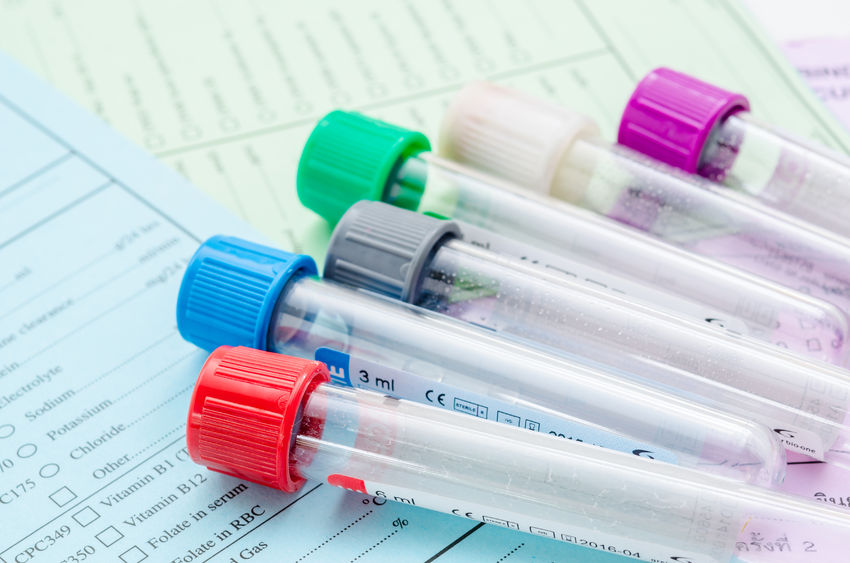
Osmolality
Also known as Osmolality BloodWhat is this test?
Evaluate electrolyte and water balance, hyperosmolar status, and hydration status; evaluate dehydration, acid-base balance; evaluate seizures; clue to alcoholism, methanol toxicity, ethylene glycol ingestion; evaluate antidiuretic hormone function, liver disease, hyperosmolar coma, evaluate hypernatremia. Osmolarity measures the concentration of particles in solution. High serum osmolality can result from hypernatremia, dehydration, hyperglycemia, mannitol therapy, azotemia, ingestion of ethanol, methanol, ethylene glycol. Thus, osmolality has a role in toxicology and in coma evaluation. Elevated serum osmolality with normal sodium suggests possible hyperglycemia, uremia, or alcoholism. Low serum osmolality may be secondary to overhydration, hyponatremia, syndrome of inappropriate antidiuretic hormone secretion (SIADH) with carcinoma of lung and other entities.
Test Preparation
No special preparation is needed for Osmolality. Inform your doctor if you are on any medications or have any underlying medical conditions or allergies before undergoing Osmolality. Your doctor depending on your condition will give specific instructions.
Understanding your test results
| Gender | Age groups | Value |
| UNISEX | All age groups | 275 - 295 mosm/kg |

